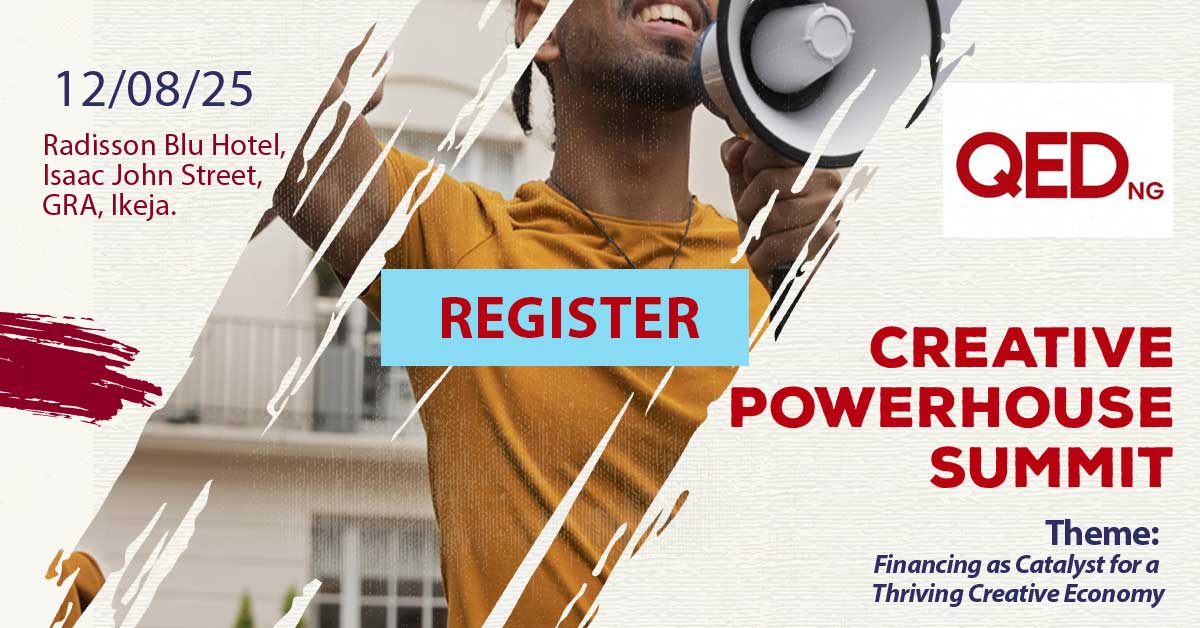Adventures of Dan Fulani
Email: fulbeadventure@gmail.com Twitter: @dan_pullo


The first was a cartoon by ace cartoonist, Mike Asukwo, which caricatured the seeming confusion in the APC as to who would be its flag bearer in 2015. It showed a multitude of APC members at the starting block for a swimming race and by their side, President Goodluck Jonathan stood alone under the Peoples Democratic Party (PDP) banner waiting for the Independent National Electoral Commission (INEC), depicted by a Kaftan-wearing Attahiru Jega, to blow for the commencement of the race.
The second issue to grab my attention was a report by Eurasia Group, the self-acclaimed world’s largest political risk advisory. The report, which is the group’s forecast for next year’s presidential election in Nigeria, predicted that PDP and Jonathan have about 75% chance of winning the poll. What this means is that the PDP is three times more likely to win the election than APC. The group said the defections that recently affected PDP have stopped and have even been reversed in some cases, noting that the APC was in “disarray”.
I am sure the two items mentioned above would have given APC stalwarts a thing or two to think about. For others like me, it has espoused the long held notion that the opposition may be faltering as the nation inches closer to elections. Though many APC members have publicly dismissed the Eurasia report as one likely to have been instigated by the PDP, many are worried about the direction the party is headed now that they need a united house with primaries just around the corner.
A major concern for APC stalwarts is the absence of contestants for the presidential election that is barely six months away. I keep wondering why are the aspirants not willing to step forward. What we have been hearing so far are murmuring of names in different quarters and speculations in newspapers as to who will square up against Jonathan. Names like that of former Vice-President Atiku Abubakar, Governor Rabiu Musa Kwankwaso, Senator Bukola Saraki and a host of others have been bandied about but what is stopping them from giving us an inclination of where their political future lies?
Whatever may be said of PDP, you cannot help but admire the party’s bullish attitude when it comes to elections. PDP is executing its agenda perfectly. Top on its unwritten goals are: to amass enough wealth that will ensure winning at all cost, to share portfolios among friends and cronies, and to run Nigeria in a manner they deem fit. What have we seen of the opposition so far? Docility, cry and endless complaints. The impression we have now of the APC is that it is just as clueless and with no clear people-oriented agenda as the PDP.
Events in the country since the return of democracy in 1999 show that rather than blame the PDP for wanting to be in power at all costs, the opposition parties have done little to suggest that they are serious about taking over the reins of affairs. They have overtime proven ineffective at checkmating the excesses of the ruling party.
Things do not have to be this way. Democracy, as a system of government, is that which allows public expression of opinion and accommodation of divergent views. In this way, democracy and freedom of speech are inseparable and mutually reinforcing. Generally, wherever democracy has been established and consolidated, be it in Europe and America or the third world countries of Africa, Asia and Latin America or centralised democracies of Eastern Europe, it is because freedom of speech and the right to oppose are allowed.
To many experts, the level of political tolerance of any government is essentially determined by its willingness to accommodate dissenting views, accept criticisms of its conduct from opposition political parties, interest groups or individuals. Without political opposition, politics is bereft of its substance.
Lack of effective opposition poses great danger to the development of democracy anywhere. And even if free and fair elections could somehow be guaranteed, the democratic system would still be in great peril without an effective opposition movement.
A few years back, former PDP National Chairman, Prince Vincent Ogbulafor stated that the PDP will be in power for at least 60 years. That statement was viewed with anger and opprobrium in many quarters. However, some years down the line, not many will disagree, especially going by the turn of events in the political circle.
By analysing the current trend of events in the build up to the elections, one can see that the PDP has successfully lured APC into its kind of politics; one that puts less emphasis on serious governance but wastes too much time on inconsequential matters of state. When last did we hear of the two leading parties exchange ideas on employment, wealth creation, health statistics, security and the likes?
Ironically, many Nigerians have paid little attention to opposition groups especially in the immediate past mostly because they are not considered a match for the behemoth (PDP) they seek to upstage. The coming of APC however brought with it new hopes and optimism. Nigerians seeking alternative to PDP felt they have something to hold on to. The question now is, can the principal actors in the APC stand up to be counted?




